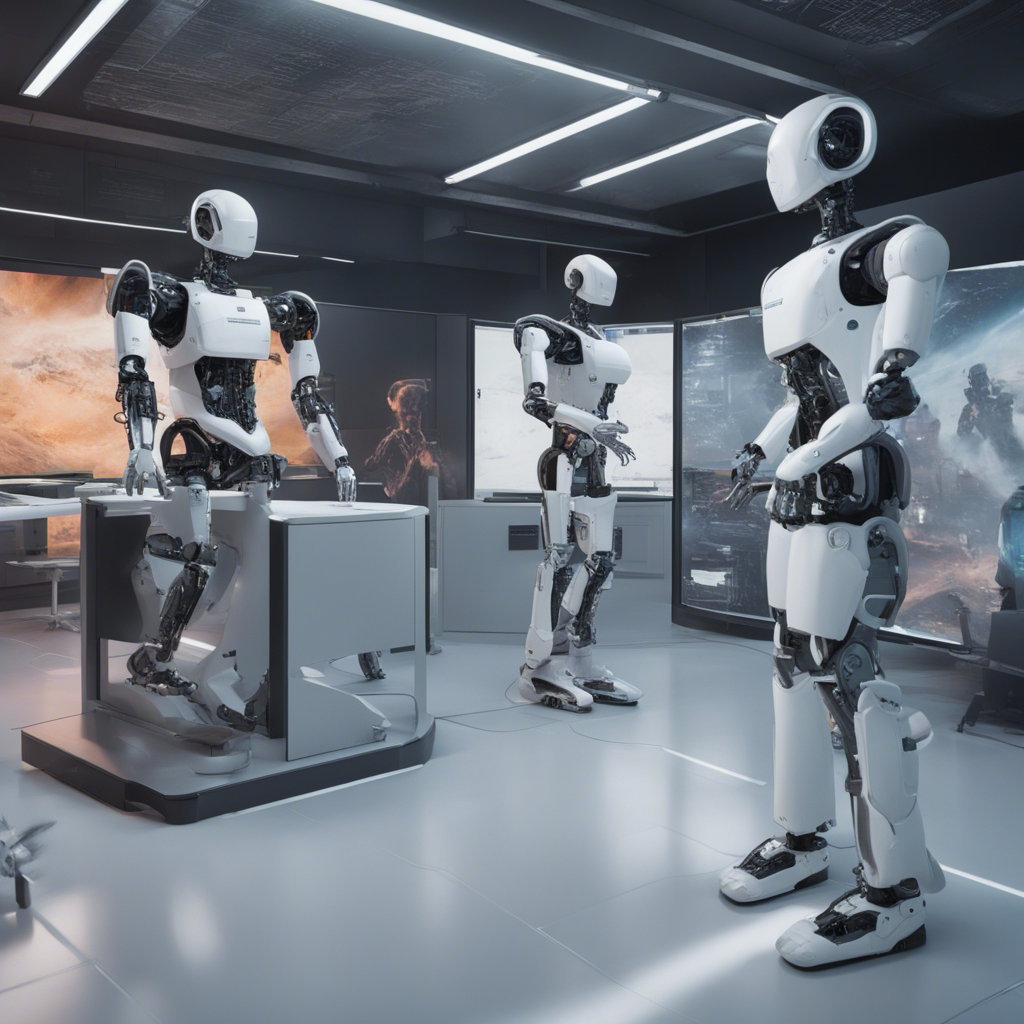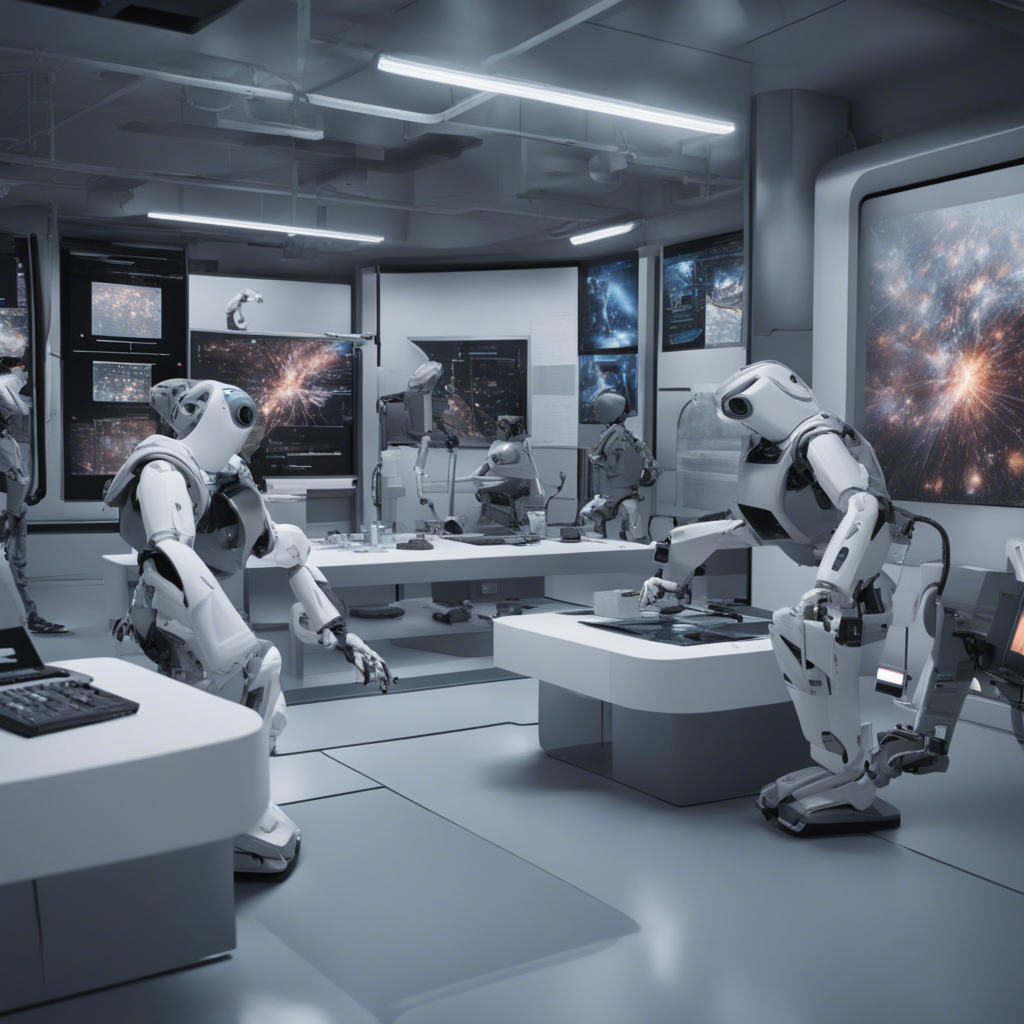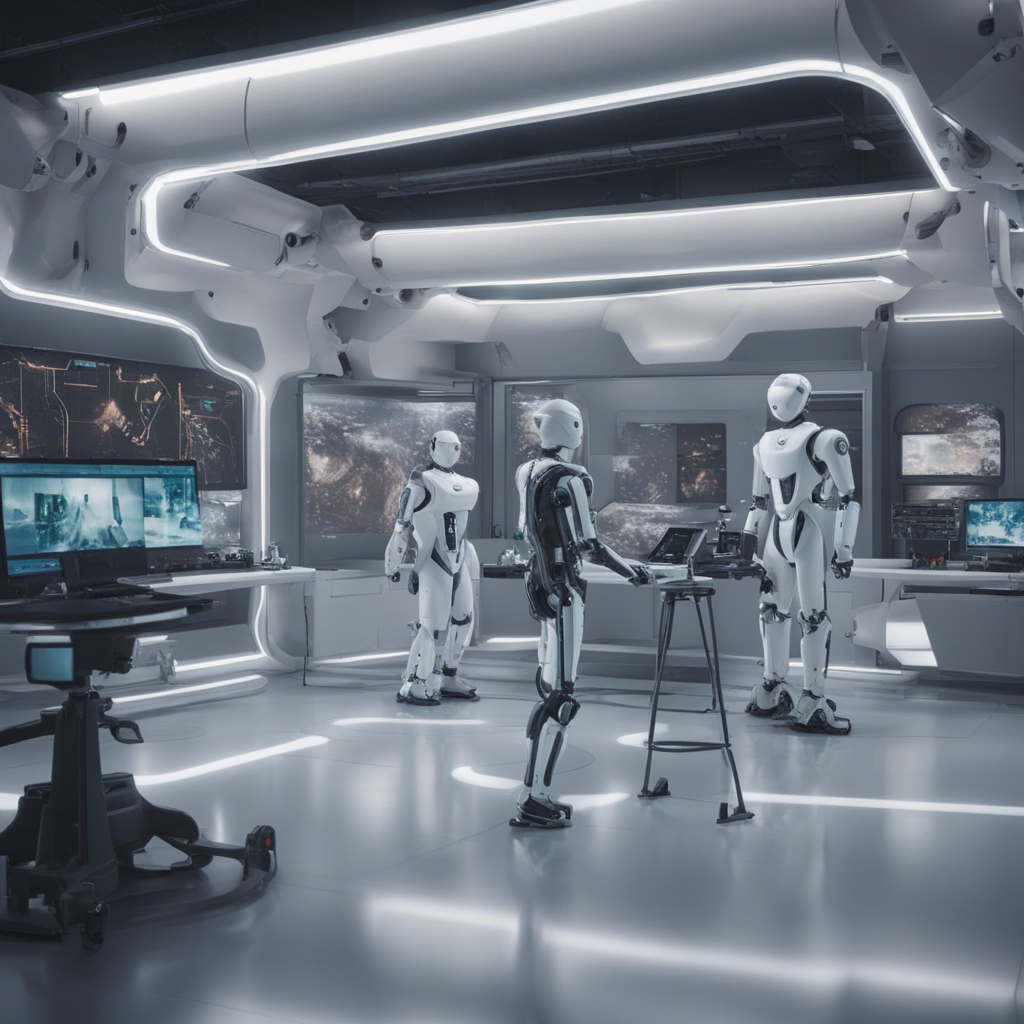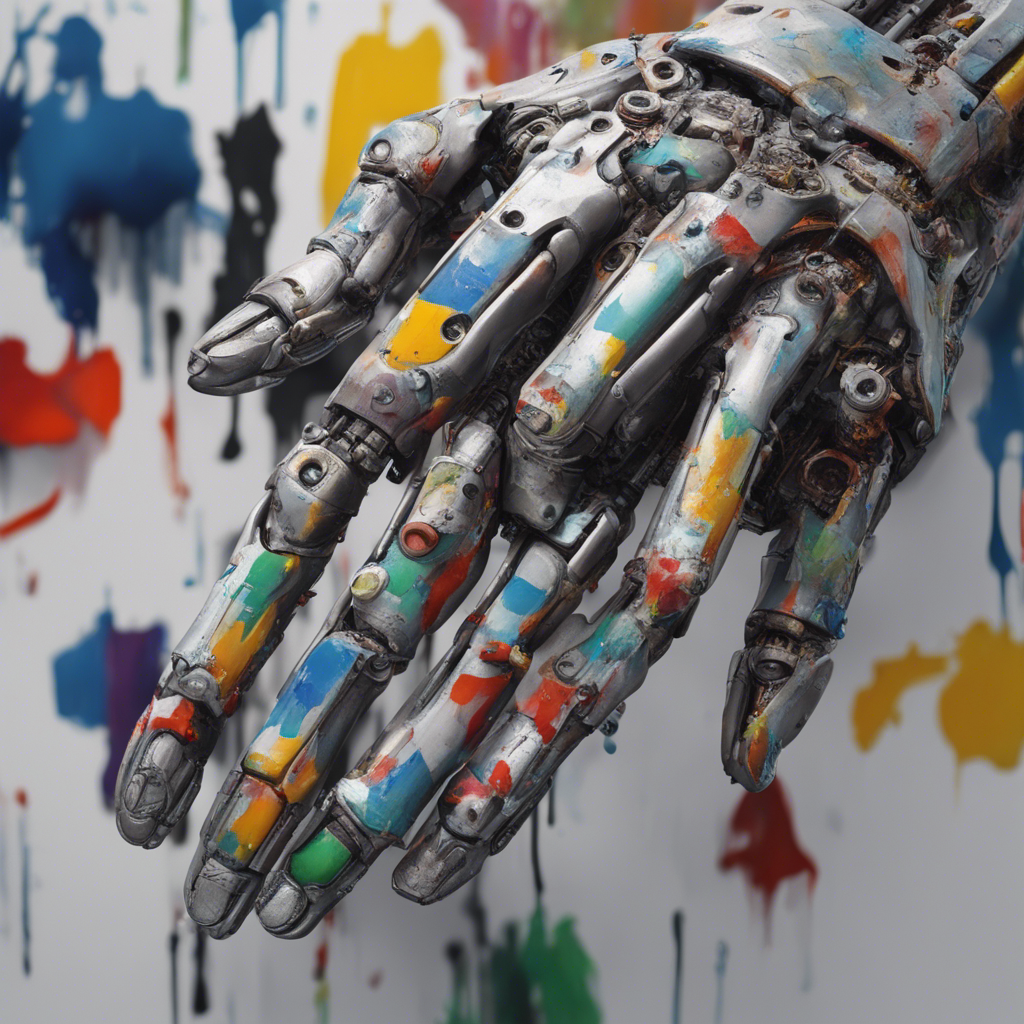
Understanding the AI Impact on Various Industries
by [Your Name]
In recent years, the advancements in artificial intelligence (AI) have revolutionized the way we live and work. From voice assistants to self-driving cars, AI has permeated various industries, transforming them in ways we couldn’t have imagined. This blog post aims to explore the profound impact of AI on different sectors, backed by reputable references and real-world examples.
1. Healthcare Industry
The healthcare industry has experienced significant advancements with the integration of AI technology. AI-enabled systems can analyze large sets of medical data, aiding in the early detection and accurate diagnosis of diseases. For instance, researchers at Stanford University developed an AI algorithm that successfully identifies the signs of skin cancer, performing at the level of expert dermatologists1.
Moreover, AI is employed in improving patient care and treatment plans. Robots equipped with AI algorithms can assist in surgeries, enhancing precision and minimizing human errors. Additionally, AI-powered chatbots are used to provide 24/7 virtual patient support, enabling efficient self-diagnosis and personalized recommendations2.
2. Manufacturing Industry
AI has revolutionized the manufacturing industry by streamlining operations, increasing efficiency, and reducing costs. Intelligent robotic systems, powered by AI algorithms, have become an integral part of manufacturing processes. These robots are capable of performing complex tasks with precision, such as assembling intricate components or carrying out quality inspections3.
Furthermore, AI-based predictive analytics systems enable proactive maintenance of machinery, preventing breakdowns and reducing downtime. This ultimately enhances productivity and optimizes overall operational performance. For instance, General Electric employs AI algorithms to predict equipment failures and schedule maintenance before problems arise4.
3. Retail Industry
In the retail sector, AI has transformed the way businesses interact with customers and manage their operations. Personalized recommendation systems, powered by AI algorithms, analyze customer data and browsing behavior to offer tailored product suggestions. This not only enhances customer satisfaction but also increases sales and customer loyalty5.
Additionally, AI-powered inventory management systems optimize stock levels by forecasting demand patterns, reducing overstock and minimizing inventory holding costs. Amazon is a prime example of utilizing AI in managing its massive inventory and supply chain, ensuring prompt deliveries and efficient logistics6.
4. Financial Industry
AI has made significant inroads into the financial sector, enhancing various processes and services. Machine learning algorithms are extensively used for fraud detection and prevention. AI systems efficiently analyze vast amounts of financial data, identifying patterns that indicate fraudulent activities and triggering alerts7.
Moreover, AI-powered chatbots and virtual assistants are employed to improve customer service and financial advice. These chatbots can access customer data and provide quick responses to inquiries or even guide customers in making investment decisions8.
5. Transportation and Logistics Industry
The transportation and logistics industry has experienced transformative changes with the integration of AI. Autonomous vehicles equipped with AI algorithms are being developed to reduce accidents, improve traffic management, and enhance fuel efficiency. Tesla’s Autopilot system is a notable example of AI-enabled autonomous driving9.
Additionally, AI algorithms optimize route planning, helping to reduce delivery times and optimize fuel consumption. Companies like UPS utilize AI-powered routing software to streamline their delivery networks, leading to substantial cost savings and increased productivity10.
Conclusion
Artificial intelligence has had a profound impact on various industries, bringing forth advancements that enhance efficiency, accuracy, and profitability. From healthcare to manufacturing, retail to finance, and transportation to logistics, AI is reshaping the way businesses operate. As technology continues to evolve, the integration of AI is bound to accelerate, leading us further into a future where intelligent machines become an integral part of our daily lives.
Remember to consult reliable sources and stay informed about the latest trends in AI. Embrace the transformative power of AI and explore its vast potential for positive change across the spectrum of industries.
References:
-
Stanford News - Artificial intelligence algorithm detects skin cancer as well as seasoned dermatologists ↩︎
-
Columbia University Medical Center - Artificial intelligence allows a chatbot to triage a patient ↩︎
-
Forbes - The Impact of Artificial Intelligence in Today’s Industrial Manufacturing ↩︎
-
General Electric - AI/Machine Learning Deployment ↩︎
-
Forbes - 7 Amazing Examples Of AI in Retail ↩︎
-
Reuters - Inside Amazon’s AI flywheel ↩︎
-
The New Yorker - How AI Is Transforming Fraud Detection ↩︎
-
Business Insider - AI in Finance: How chatbots and virtual assistants are transforming the banking experience ↩︎
-
UPS - How Big Data and Analytics Are Transforming Logistics ↩︎






